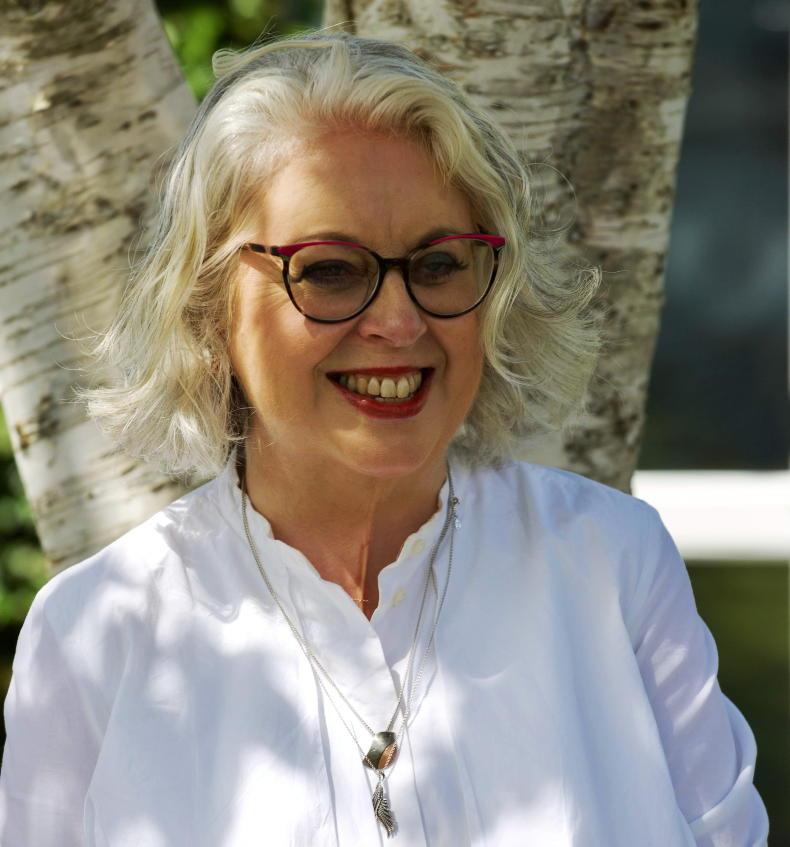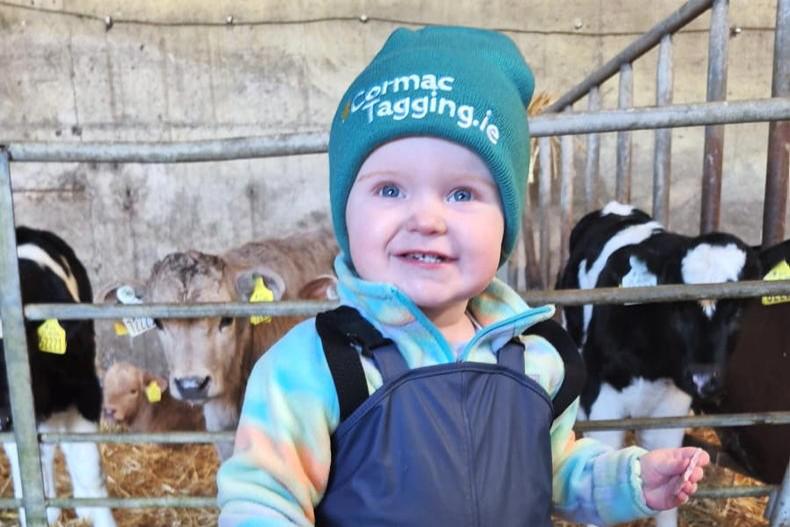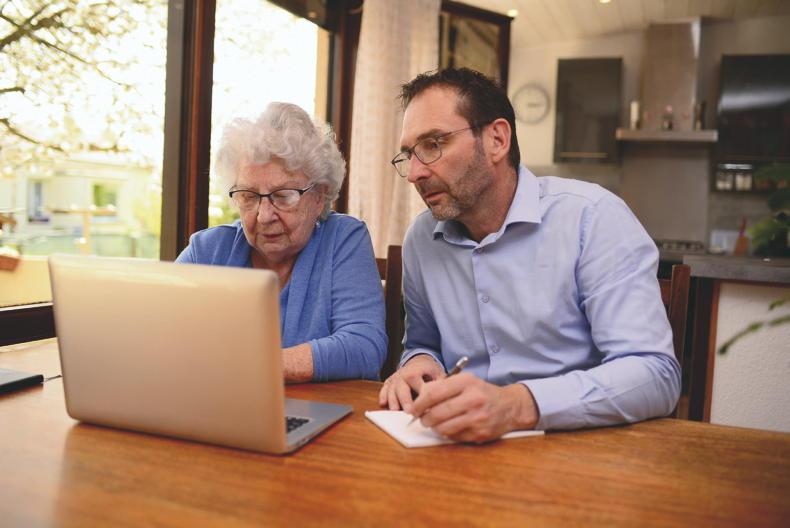I am ending this summer in Russell Square in London. It is hot. The soft tarmac of Southampton Row and Holborn has a collage of fallen leaves that make it look much later than September – the early leaf-drop a casualty of the killingly hot weather. I am here to work in the British Library and I booked my hotel with the old library in my head, the reading room of the British Museum, only to remember it is now a beautiful, big new building on Euston Road. That is the thing about returning to a place you have lived before. In some sense, it is the same and in so many ways it is different.
This area was like a locus of my years in London. I spent four years working in the old reading room for a PhD, eventually abandoned. I worked for a year in the Periodicals Room of Senate House library – its tall tower of books looming over the square. Then, I spent a year on another side of the square in the Institute of Education, training to be a teacher. And, on yet another side, was the old-fashioned Imperial Hotel that I used to stay in when I’d come back, loving its 60s London feel. It’s closed to be renovated, so that older version is gone, too.
And so, if I sit in the café in the square now, I am sitting beside the ghost of that earlier self, in those days having a much cheaper tea and hot buttered toast before heading in to work; and when I cross the road from the Institute to my hotel, I’m passing the group of lovely friends as we head off for coffee to compare notes on the lecture we’ve just had. A place you have lived in before is a place haunted by those earlier selves.
To escape the heat, I took refuge in what had been my favourite cinema – the Renoir in Brunswick Square. It is changed too. It is now a Curzon. I saw a debut Korean film by Celine Song called “Past Lives”. In it, a pair of children walk home from school each day, happy in each other’s company, until the girl’s family emigrates to Canada and the children go to separate lives but never forgetting each other. It is a beautiful film about the way we are haunted by our past lives, but how we must eventually commit to the present and the life we are now living. At one point, when they meet again as adults, Nora tells the boy that the 12-year-old she was, she left behind with him in Seoul: she is and is not that same child.
Reading
I started the summer reading Ann Patchett’s wonderful new novel, Tom Lake, in which a woman who has made her life on a cherry farm in Michigan, tells her children the narrative of her past during their enforced isolation in Covid. She had been an actress and her most significant part was as Emily in Thornton Wilder’s play “Our Town”. The novel is threaded with the play; particularly the astounding scene when Emily is granted one day to return to her life from the dead – the experience almost unbearable in its grief. She returns to the day of her 12th birthday and asks if anyone understands the value of life as they live it. Only the saints and poets, she is told – they understand some of it.

Poet, creative writing teacher and memoir mentor, Maureen Boyle. \ Lindsay Allen
So – as the year turns – think of a time in your life when you made a significant decision or chose a particular path. You might go back in your head to how the choice was made; to what factors helped you in deciding to go one way and not the other. Think of the alternative life you might have had or of a time when you have gone back to a place or time that was important in your life and what your experience of revisiting it is – either in actuality or in your mind.
Of course, our choices are not always made consciously. The Scottish poet Liz Lochhead’s brilliant poem “The Choosing” has Lochhead see on a bus one day the woman who was her friend in school and her equal in terms of competition in the class, but while Lochhead is coming back from the library, her arms full of books, her childhood friend has her arms around her pregnant stomach and,
“I think of those prizes that were ours for the taking
and wonder when the choices got made
we don’t remember making.”
What is the ghost life you have lived? It might be a memory of a very different past life or it might be an alternative life you did not choose. See where thinking of these things might take you.
Good luck!
Note: If you would like to submit an exercise inspired by this article for possible publication/extract, please email dlaffan@farmersjournal.ie
I am ending this summer in Russell Square in London. It is hot. The soft tarmac of Southampton Row and Holborn has a collage of fallen leaves that make it look much later than September – the early leaf-drop a casualty of the killingly hot weather. I am here to work in the British Library and I booked my hotel with the old library in my head, the reading room of the British Museum, only to remember it is now a beautiful, big new building on Euston Road. That is the thing about returning to a place you have lived before. In some sense, it is the same and in so many ways it is different.
This area was like a locus of my years in London. I spent four years working in the old reading room for a PhD, eventually abandoned. I worked for a year in the Periodicals Room of Senate House library – its tall tower of books looming over the square. Then, I spent a year on another side of the square in the Institute of Education, training to be a teacher. And, on yet another side, was the old-fashioned Imperial Hotel that I used to stay in when I’d come back, loving its 60s London feel. It’s closed to be renovated, so that older version is gone, too.
And so, if I sit in the café in the square now, I am sitting beside the ghost of that earlier self, in those days having a much cheaper tea and hot buttered toast before heading in to work; and when I cross the road from the Institute to my hotel, I’m passing the group of lovely friends as we head off for coffee to compare notes on the lecture we’ve just had. A place you have lived in before is a place haunted by those earlier selves.
To escape the heat, I took refuge in what had been my favourite cinema – the Renoir in Brunswick Square. It is changed too. It is now a Curzon. I saw a debut Korean film by Celine Song called “Past Lives”. In it, a pair of children walk home from school each day, happy in each other’s company, until the girl’s family emigrates to Canada and the children go to separate lives but never forgetting each other. It is a beautiful film about the way we are haunted by our past lives, but how we must eventually commit to the present and the life we are now living. At one point, when they meet again as adults, Nora tells the boy that the 12-year-old she was, she left behind with him in Seoul: she is and is not that same child.
Reading
I started the summer reading Ann Patchett’s wonderful new novel, Tom Lake, in which a woman who has made her life on a cherry farm in Michigan, tells her children the narrative of her past during their enforced isolation in Covid. She had been an actress and her most significant part was as Emily in Thornton Wilder’s play “Our Town”. The novel is threaded with the play; particularly the astounding scene when Emily is granted one day to return to her life from the dead – the experience almost unbearable in its grief. She returns to the day of her 12th birthday and asks if anyone understands the value of life as they live it. Only the saints and poets, she is told – they understand some of it.

Poet, creative writing teacher and memoir mentor, Maureen Boyle. \ Lindsay Allen
So – as the year turns – think of a time in your life when you made a significant decision or chose a particular path. You might go back in your head to how the choice was made; to what factors helped you in deciding to go one way and not the other. Think of the alternative life you might have had or of a time when you have gone back to a place or time that was important in your life and what your experience of revisiting it is – either in actuality or in your mind.
Of course, our choices are not always made consciously. The Scottish poet Liz Lochhead’s brilliant poem “The Choosing” has Lochhead see on a bus one day the woman who was her friend in school and her equal in terms of competition in the class, but while Lochhead is coming back from the library, her arms full of books, her childhood friend has her arms around her pregnant stomach and,
“I think of those prizes that were ours for the taking
and wonder when the choices got made
we don’t remember making.”
What is the ghost life you have lived? It might be a memory of a very different past life or it might be an alternative life you did not choose. See where thinking of these things might take you.
Good luck!
Note: If you would like to submit an exercise inspired by this article for possible publication/extract, please email dlaffan@farmersjournal.ie









SHARING OPTIONS